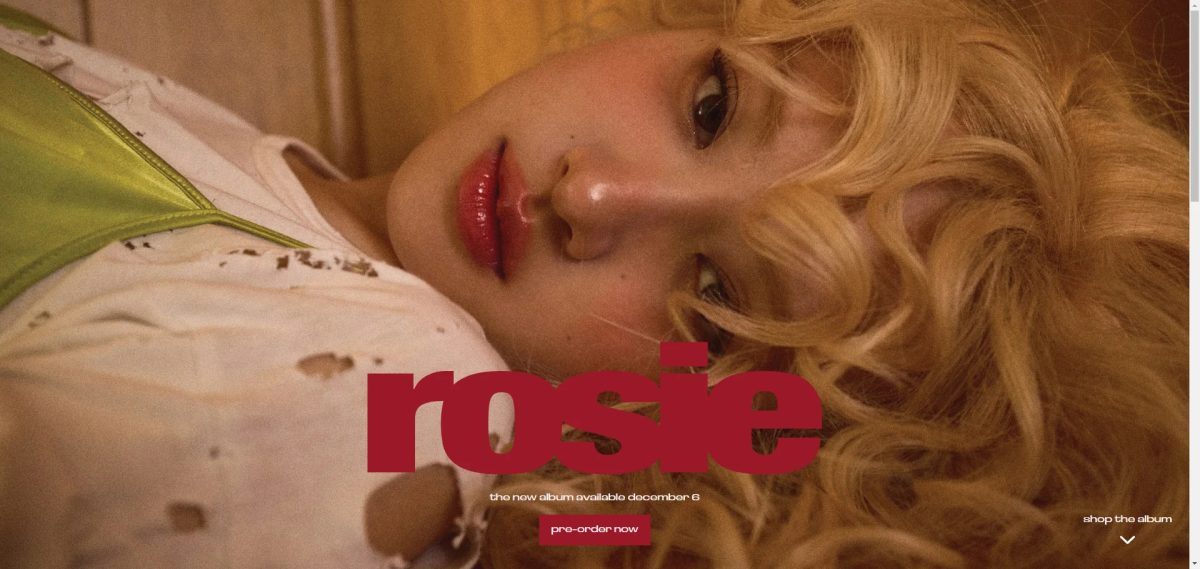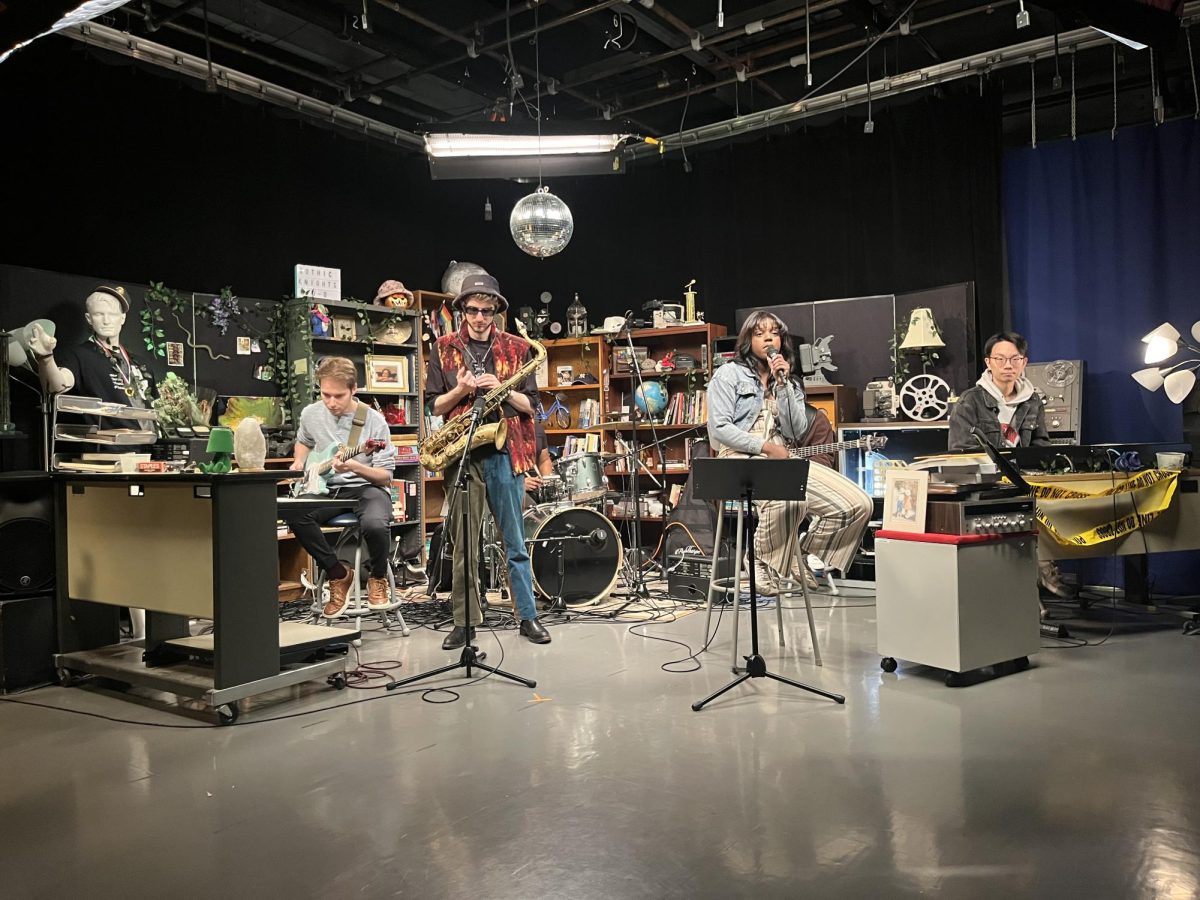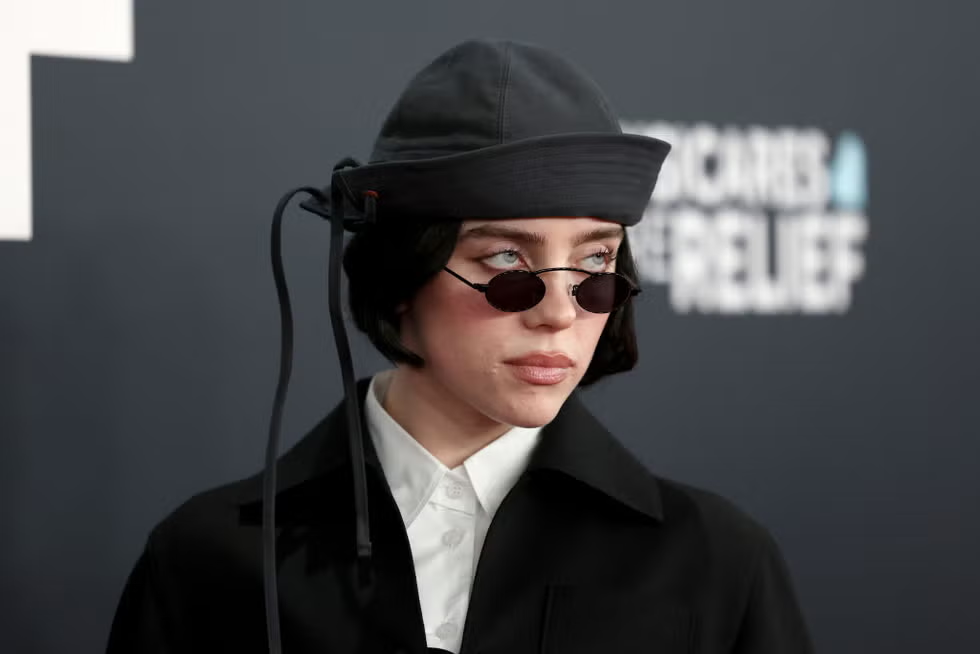By Vanity Delbridge and Monir Khilla—
Thirty-one years going and strong, the Annual Black Maria Film and Video Festival is at it again, with a great turnout for its premiere on February 3rd at the Margaret Williams Theater inside NJCU’s Hepburn Hall.
The festival featured the work of some of NJCU’s very own, including Director’s Choice winner Felix Rodriguez. The festival will make its way to 22 states and will also be going to venues around Europe.
Many high calibre locations will host the Black Maria including, but not limited to, the National Gallery of Art, the Newark Museum, and the Virginia Museum of Fine Arts.
With many famous film festivals such as Sundance and Tribeca, what sets Black Maria apart?
Black Maria Film and Video Festival Director John Columbus explains that despite their local connection, the Black Maria is more than just a local film festival. “We’re an international film festival!” exclaimed Columbus, “And while we appreciate a lot of our regional alliances, we go to one of the most prestigious venues in the United States: The National Gallery of Art in Washington, D.C. When that started happening three years ago, it took my breath away.”
What also distinguishes the Black Maria from other festivals is the fact that it receives funding from the National Endowment for the Arts (NEA).
“There’s prestige to that. They don’t fund every film festival and that means a lot to us and to the filmmakers to know that the NEA gives us funding.,” said Columbus.
Columbus, fittingly, had a love for filmmaking at an early age. After receiving a Master’s in Film Art from Columbia University, it dawned on him to propose a truly open film festival at the Edison Historical Park, solely for the diverse, short, non-commercial independent films. His last film, “Growing up in New Jersey,” was shown at the Museum of Modern Art.
He then went on to say that shorts were “more egalitarian, and truly open to everyone; that anyone could make a short film whether he or she was an emerging new filmmaker experimenting with the possibilities of the medium, or a veteran filmmaker of short, but who all too often didn’t have a venue to showcase their work.”
NJCU Media Arts professors Jane Steuerwald, Roddy Bogawa and Joel Katz have also submitted films to the Black Maria.
Steurwald’s film was shown at the National Gallery of Art and Columbus stated, “I’d like to believe that this positive exposure contributes to the positive image of NJCU.”
All three faculty members are now on the Board of Trustees for the Black Maria.
The Black Maria also has an award-winning history behind it.
There have been past Black Maria films that have landed Oscar nominations and some have even won Oscars, including, but not limited to, Joan C. Gratz’ “Mona Lisa Descending a Staircase” in 1993, as well as Jessica Lu’s “Breathing Lessons” in 1996.
Robert Rodriguez, who is the Director of the “Spy Kids” series, “Desperado,” “From Dusk ‘til Dawn,” and “The Faculty” is also a past winner of the Black Maria Film and Video Festival. His benchmark book about independant filmmaking, “Rebel Without a Crew,” makes special mention of the Black Maria.
At one point, the cash prizes were substantially higher, but in part to the economy and not enough donors, it depreciated. Nonetheless, the films presented are nothing short of spectacular. Audience members will see work that they would never see otherwise in the kind of synergetic, diverse, and culturally enriching environment of the Black Maria.
Columbus speaks of how it is the “biggest unknown film festival,” that has had National public coverage. He believes that bigger isn’t always better, for one’s work can or may be diluted at some point.
What truly sets the Black Maria apart isn’t the films, the funding, the publicity, or the prestige, but the people behind the curtain.
“I don’t know if any of these other film festivals here in town are run by people that have lived, eat, and breathed film for 30 or 40 years, as I have,” Columbus said.
Even the jurors are uniquely selected.
Columbus points out that “[The Black Maria] has had authors, film scholars and we have outside jurors come in and look at the films objectively. The only way you can guarantee to not play favorites is to bring people who have long, serious backgrounds in films.”
“We’re not Sundance, but for short films we’re one of the majors. We’ve been covered on National Public Radio twice and we’ve had national coverage. It’s great for the filmmakers.”
What does the Black Maria get out of all this success?
“What we want out of this is the gratification of really being privileged to see all this work. We’ve had over 400 submissions and it’s great to see as much as I can possibly look at. You get a finger on the pulse of what’s happening,” Columbus said. “It’s a privileged position to see this work and probably know as much independent film as almost anybody. That’s the reward for us, it’s not money.”








